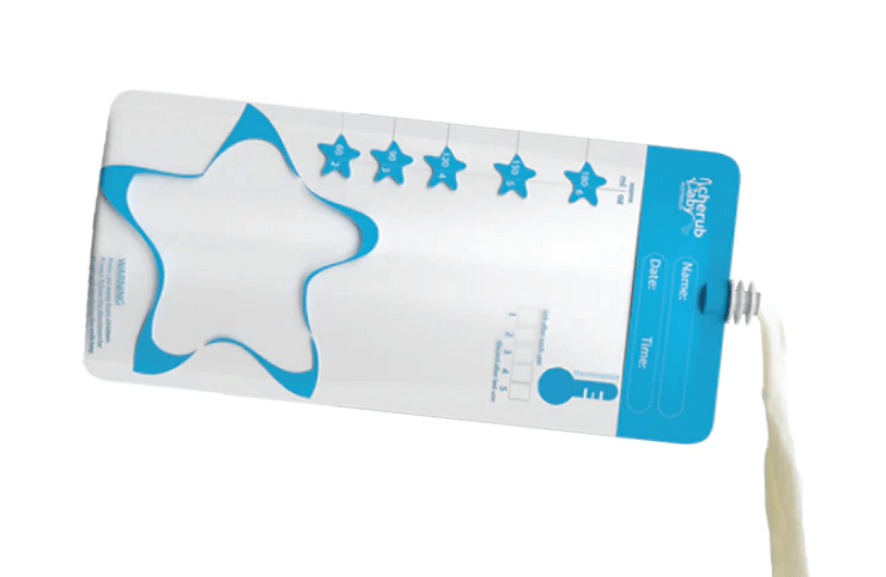Ready, Set, Solids! 5 Signs Your Baby Is Ready to Take the Next Step

Are you feeling unsure about when to start your baby on solids? The abundance of information available can be overwhelming, especially considering that each baby develops at their own pace. Rest assured, we're here to provide clarity and support as you navigate this important milestone in your baby's development.
Recognizing the Signs Your Baby is Ready for Solids
Transitioning your baby to solid foods marks a significant step in their growth, typically occurring within their first year. However, it's crucial not to rush this process. Exclusive breastfeeding or formula feeding adequately fulfills your baby's nutritional requirements until they reach 6 months of age. Babies are born with sufficient iron reserves to sustain them until this point, but afterward, they'll require additional iron and vitamins to support their ongoing development.
Moreover, young infants naturally possess a tongue reflex designed to prevent choking by pushing foreign objects out of their mouths. This reflex typically diminishes between 4 to 6 months of age, signaling a readiness to explore solid foods.
While age is a pivotal factor, every baby progresses uniquely. Therefore, it's essential to recognize additional signs indicating your baby is ready for solids:
1. Your Baby is Between 4 - 6 Months
Experts recommend introducing solid foods no earlier than 4 months but no later than 6 months. Waiting too long may lead to ingrained feeding habits that prove challenging to alter. However, it's vital to respect your baby's individual pace and never force them to consume solids.
2. Your Baby Can Sit Up
Your baby should exhibit the ability to sit up independently or with minimal support from a high-chair. Strong head and neck control are prerequisites for safe eating, preventing choking incidents and facilitating proper food consumption.
3. Your Baby Shows Interest in Food
Observing your baby's curiosity toward your meals, such as watching your plate or reaching out for food, signals their readiness to explore solids. While this interest doesn't necessarily indicate hunger, it reflects their inclination to imitate your actions. Initially, they may spit out the offered food, which is a normal part of their exploration process.
4. They Voluntarily Open Their Mouth
A positive sign of readiness is when your baby willingly opens their mouth when presented with a spoonful of food. Avoid coercing them to eat solids; instead, allow them to express their interest naturally. If they refuse the food or turn away, respect their cues and try again in a few days.
5. Your Baby Has Doubled Their Birth Weight
While doubling their birth weight is a common milestone between 4 to 6 months, it's not a strict rule. Premature babies may achieve this milestone earlier. Focus more on observing your baby's motor skills and oral coordination, essential for managing solid foods.
Concluding Thoughts
Introducing solids is a gradual process that requires patience and attentiveness to your baby's cues. It won't magically solve sleep issues, and it's normal for babies to take time to adjust to new foods. Start with simple pureed foods and monitor for any allergic reactions.
Keep in mind that introducing solids may temporarily disrupt your baby's sleep patterns. Pay attention to changes in their diaper frequency, consistency, and color, and consult a healthcare professional if you have concerns.
The best indicator that your baby is ready for solids is when they demonstrate the necessary skills and express an interest in food. Trust your baby's cues and avoid pressuring them. They'll guide you through this journey, indicating when they're ready and how much they need.
For additional guidance, explore our recommended feeding schedule for a 6-month-old baby.





